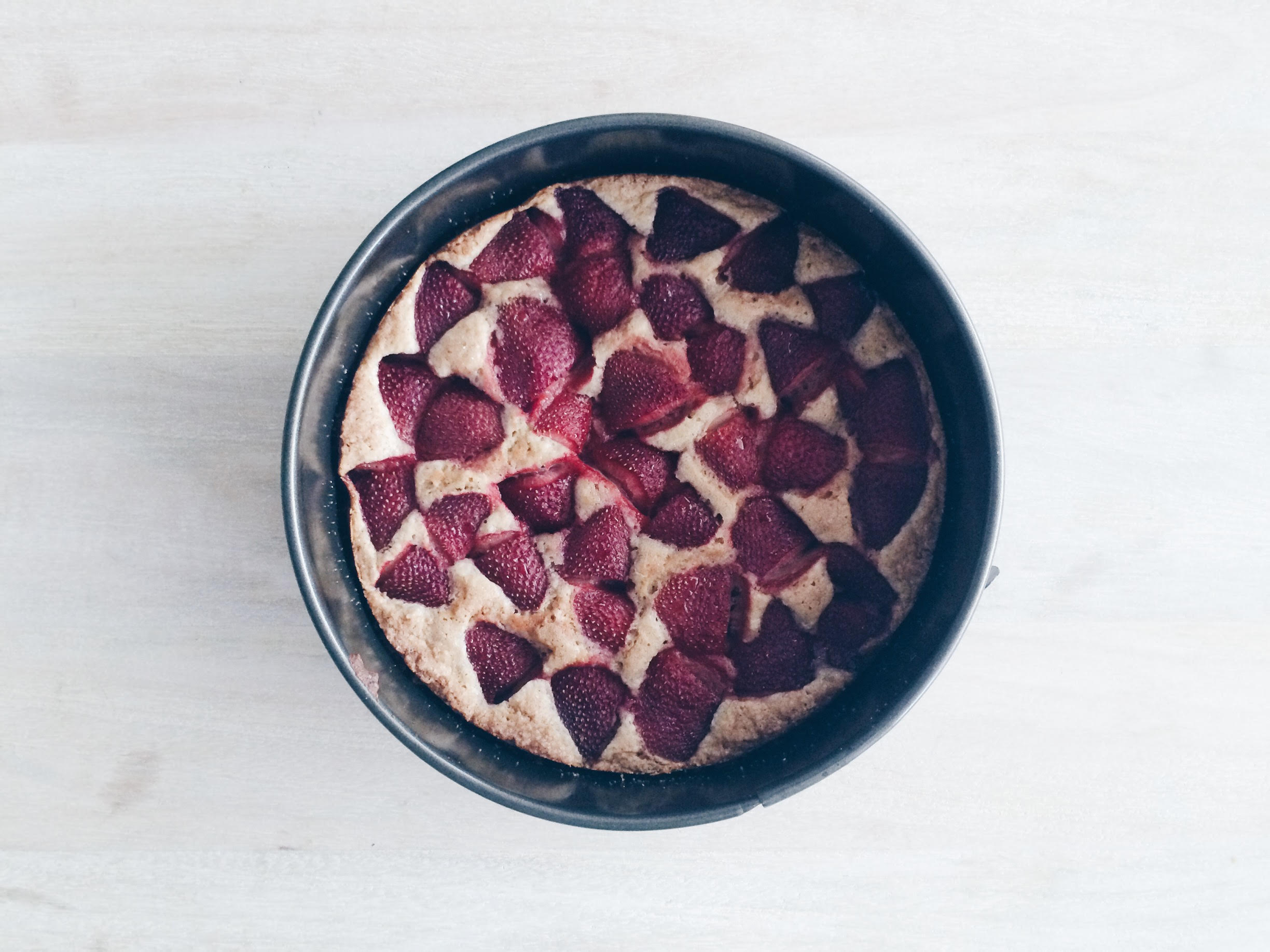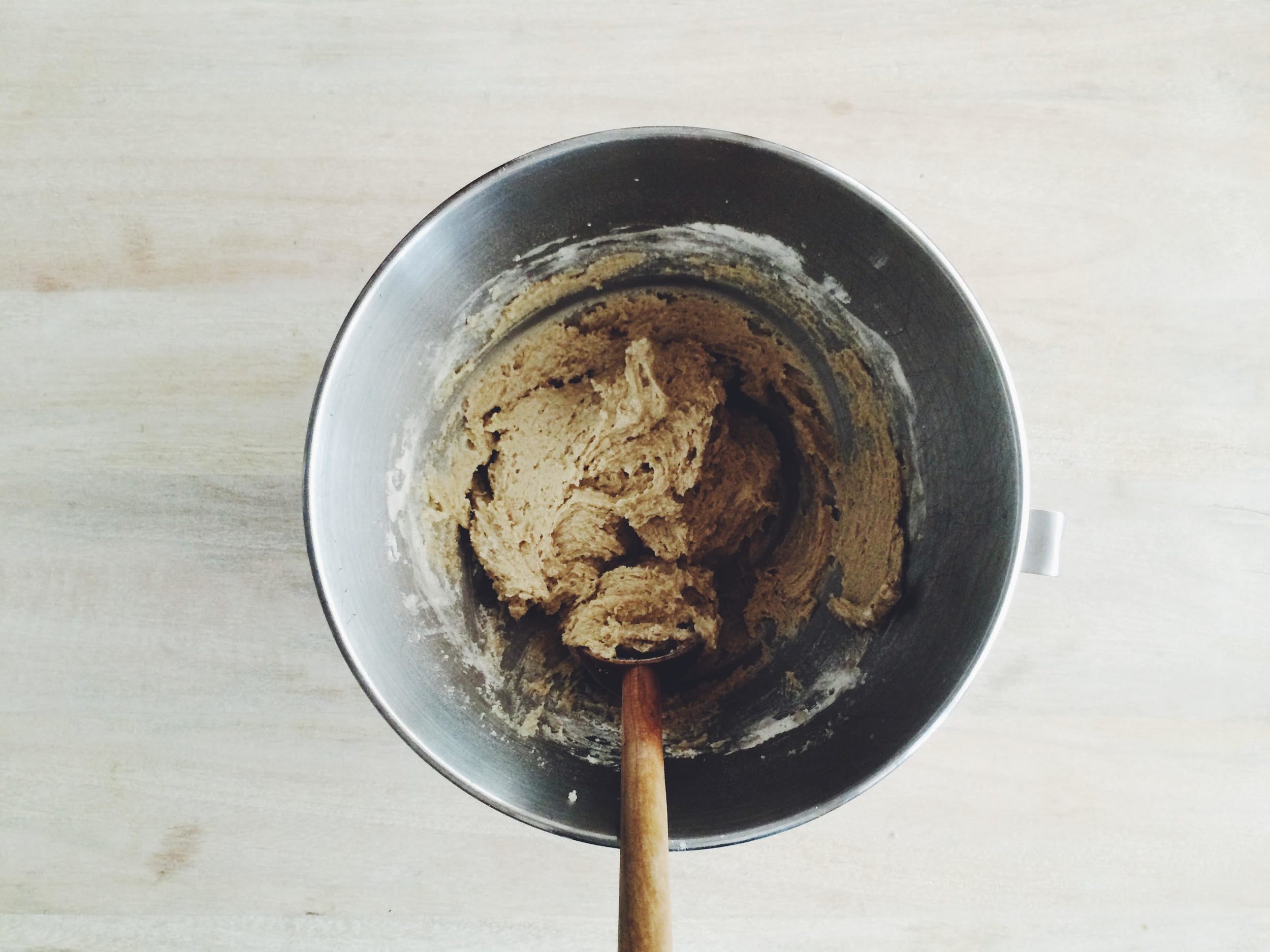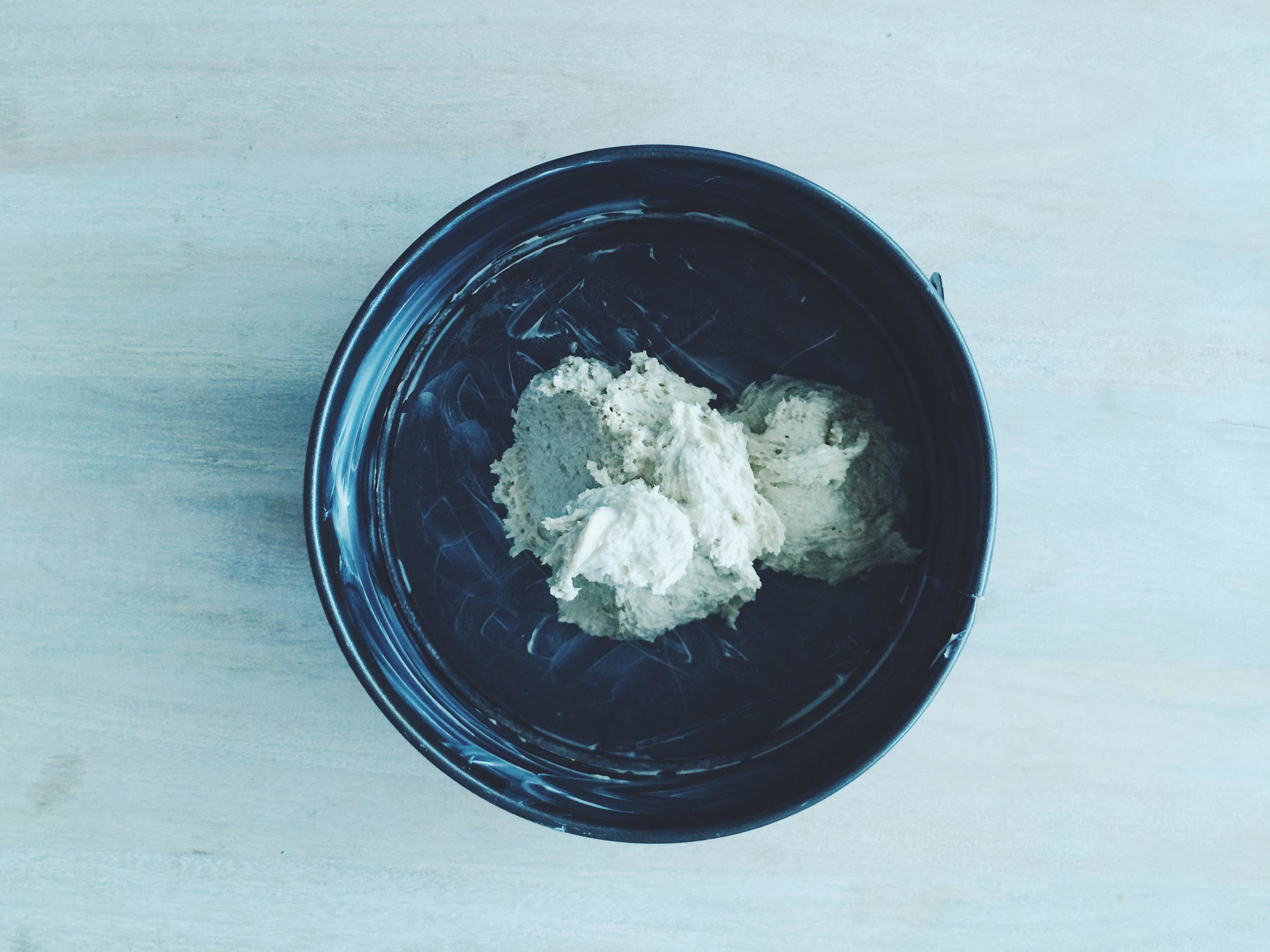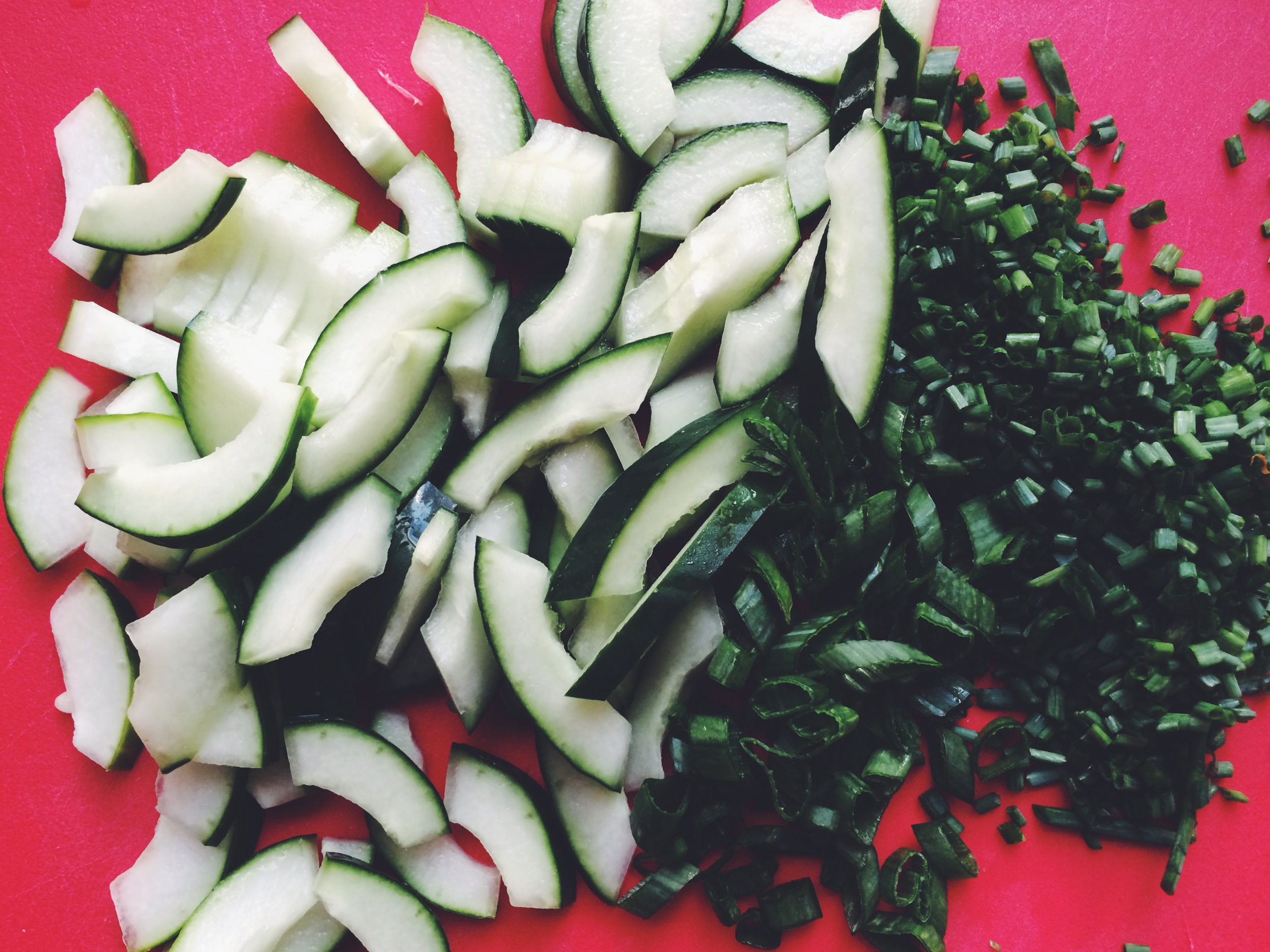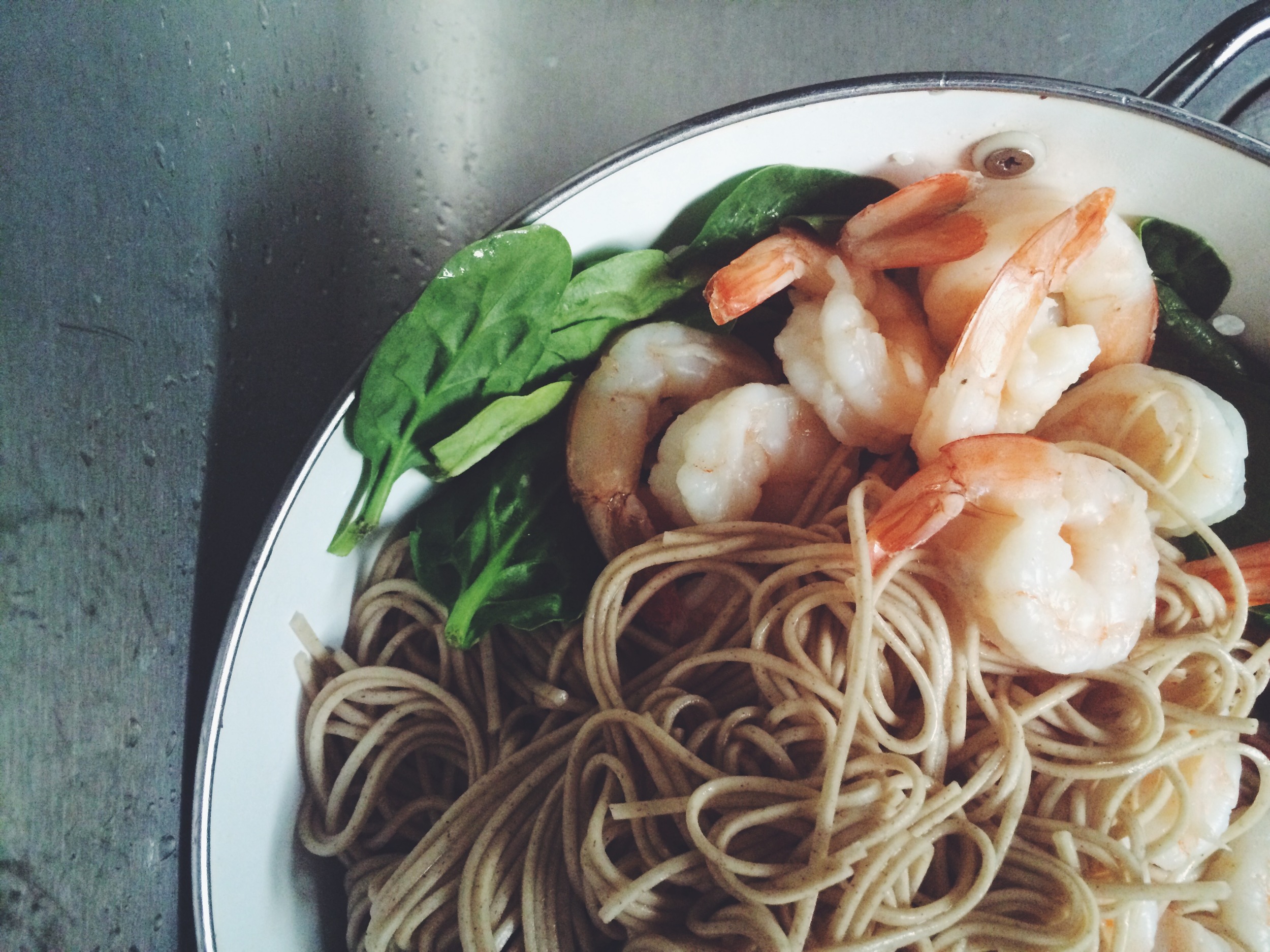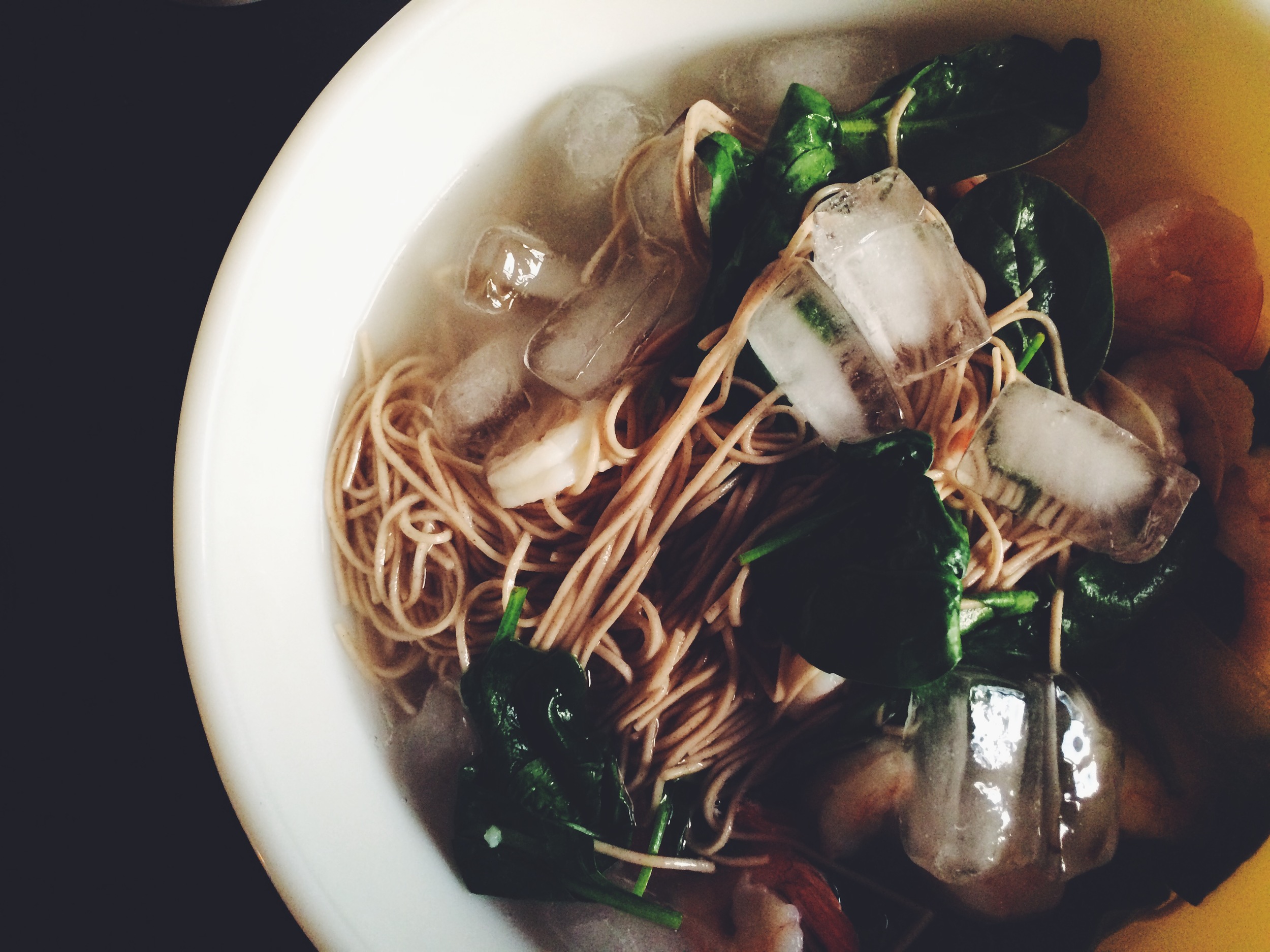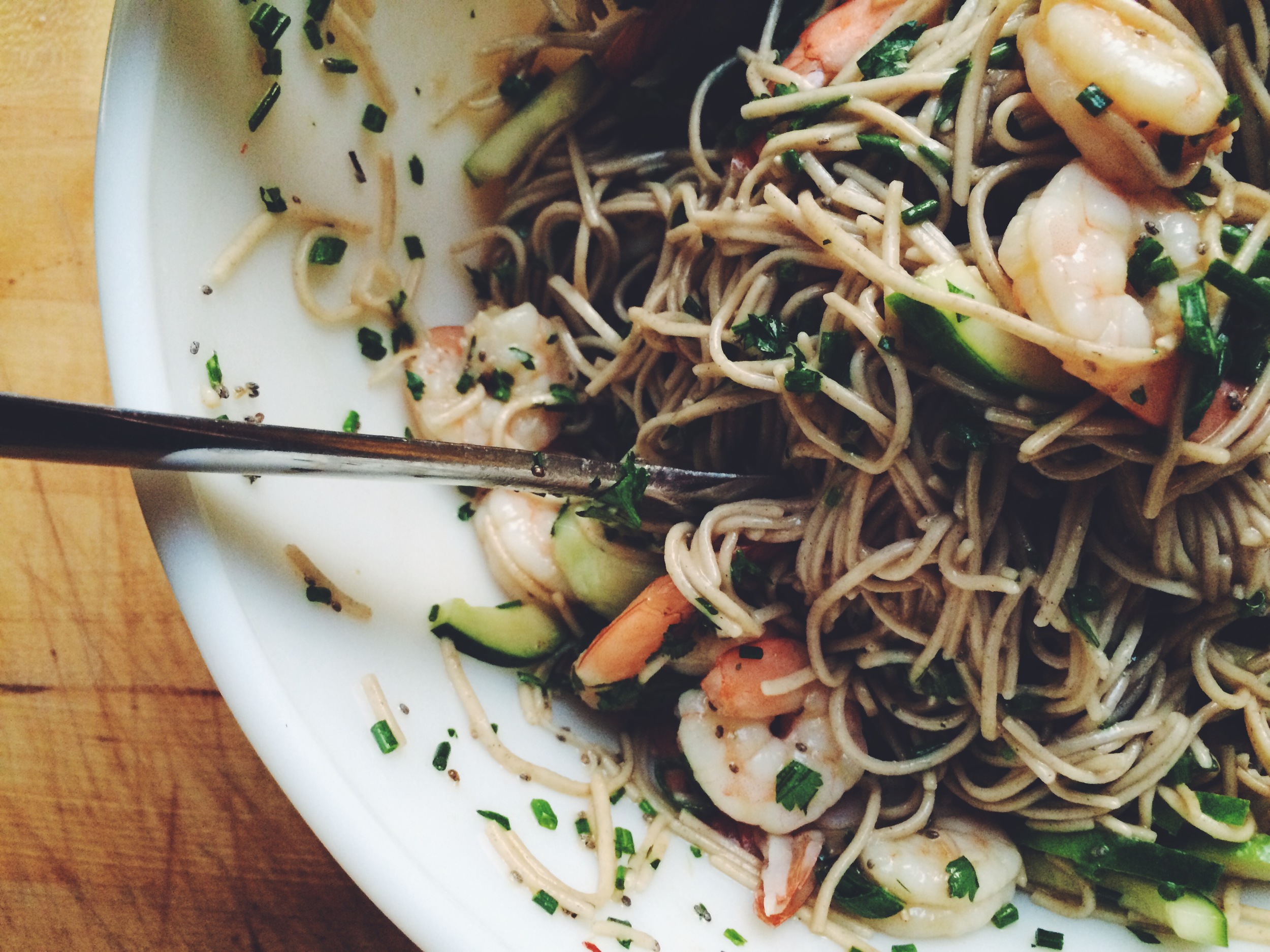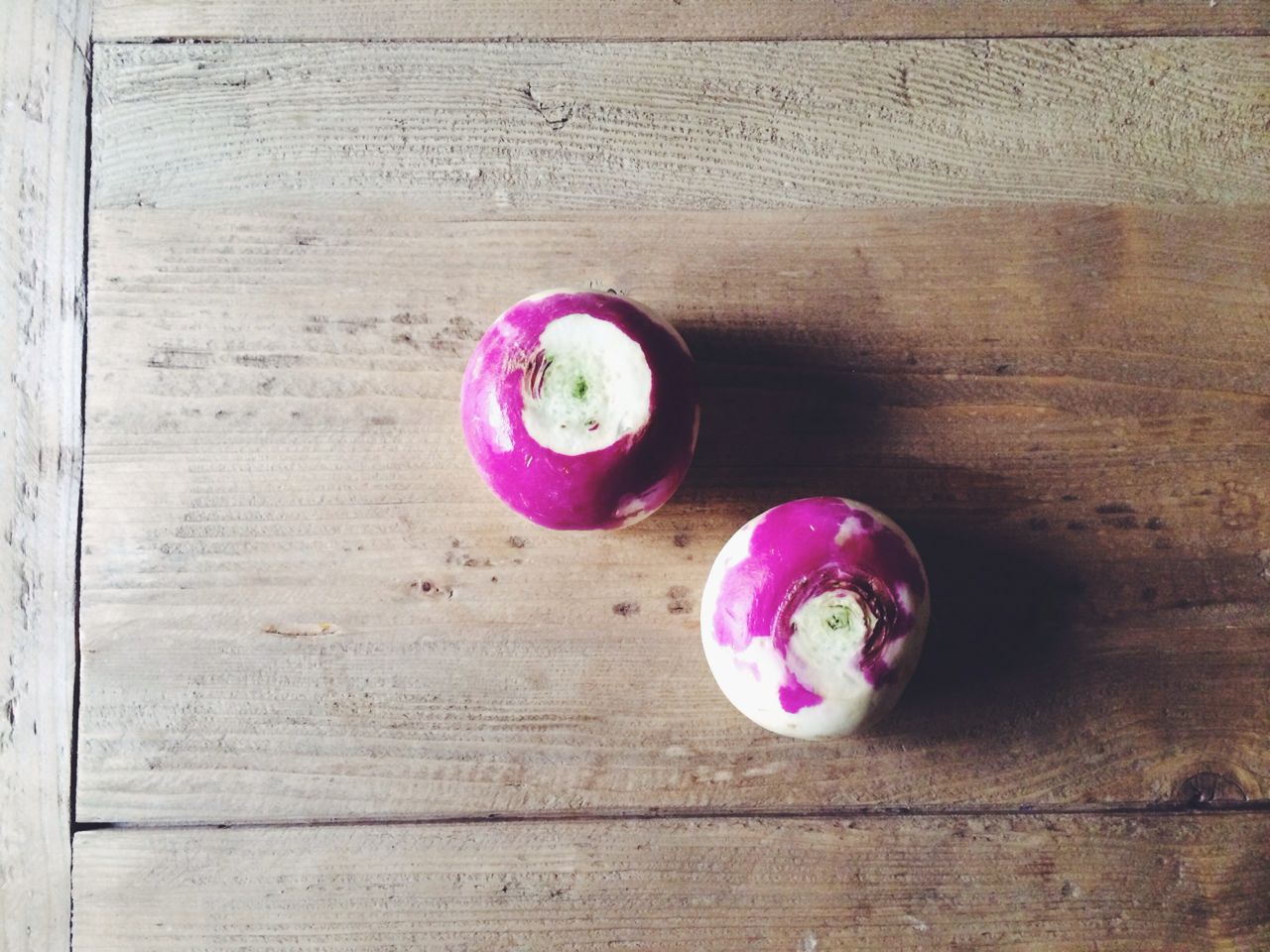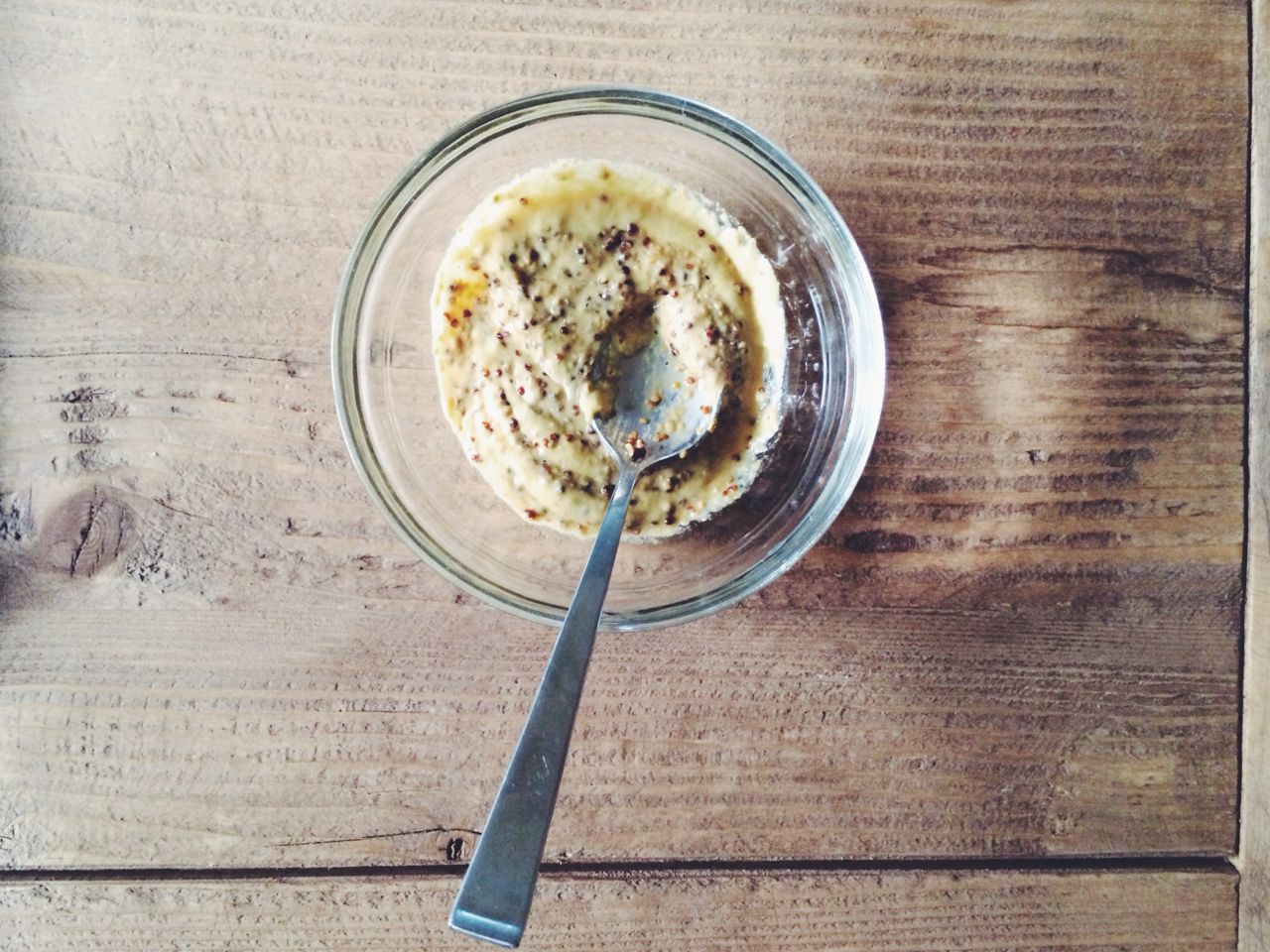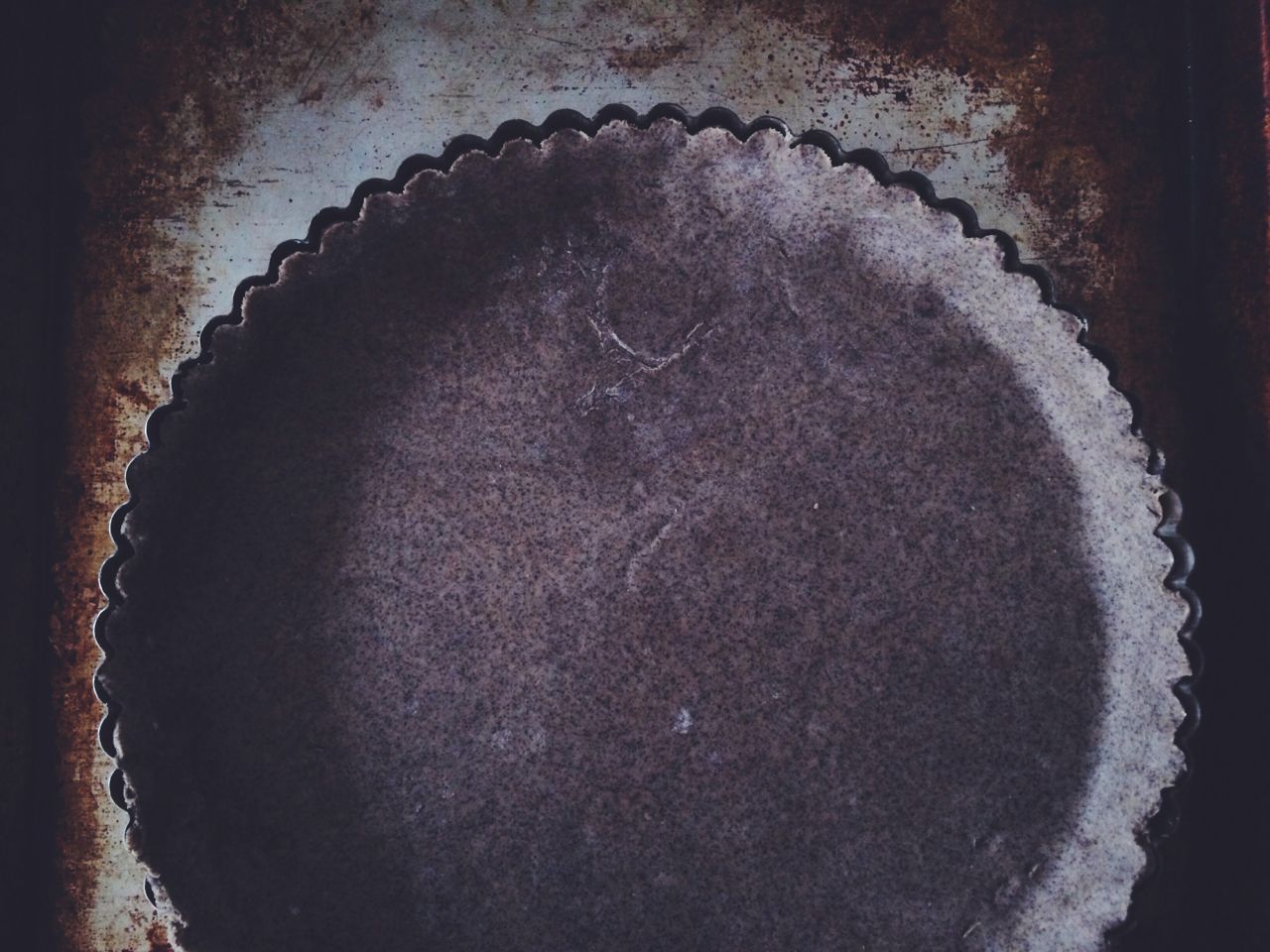It's hot and I am alone, shoving arugula, eggplant, basil, cherry tomatoes, and romaine in my tote bag. I drop my wallet on the asphalt after reaching for a bunch of cilantro, and crunch down to pick it up before fumbling for a twenty dollar bill and offering my piles of produce to the vendor for weighing.
Anything else? she asks. I shake my head.
Does it look like I can carry anything else? I think.
I stuff the change in my back pocket and sling the bag over my shoulder. Next, a loaf of bread. I clutch it to my chest and want to stay, linger, and try the honey and granola and chai tea samples that beckon. But I'm still sweating, and my bag is heavy. I have to remind myself that I'm pregnant and should take it easy.
Back to the car. On my way out I see a crate of strawberries, and decide I deserve a little something for my troubles. For the sweat running down my neck. I wish I had worn sandals instead of sneakers and tied my hair into a ponytail before leaving.
At home, fan running, no longer sweating, I weigh strawberries to pass the time, waiting for Andrew's flight to land. He's been in Stockholm for work, and I try not to think about how if I weren't pregnant, I would have met him there and we would have jetted off to Prague or Rome or somewhere else we've been wanting to go together. Another time. With our son in tow, most likely, which I do like the sound of, come to think of it.
Having a baby, or in my case so far, growing a baby, has made me want to travel more, actually. Just in a general sense. I have nothing booked, no research started, and don't plan to worry myself with the challenges of flying or driving with a little one.
I think only about the fact that I want him to see the world, to be a global citizen, to taste spices in Morocco or drink tea in London, to see the dense streets of urban cities like Kathmandu, the dust, the traffic, the people who do not look like him but who want the same things in life. To stand in front of things that have survived, the monuments and castles and temples that tell us stories. To breathe it all in.
For now, I inhale the sweet scent of strawberries, and eat as many as I can fit in my mouth before my stomach, my crushed, compressed stomach, says enough, enough for now.
This is how I want the day to end: Eating pizza on our couch with dough I had lovingly made the day before so the yeasty flavor would be stronger, enjoying strawberry cake with whipped cream, and looking at photos from his trip.
But the day unfolds another way.
A few minutes before Andrew's plane lands, I take Emma outside for a quick walk. As we trudge back up the stairs, I reach for the keys in my back pocket and my keychain falls apart.
Two keys fall on the ledge below and I grab them before they spill over underneath the stairs. I put my keychain back together, grateful I found all the keys.
Except I don't find them all.
I don't notice until we're halfway down the hall, but the key to our condo is missing.
I tug Emma's leash to scurry back outside. She sits sweetly on the top step while I crouch down as best I can (for the second time today), trying to spot the silver metal key among bark, dirt, old candy wrappers, and such. I can't fathom it has flung so far away to have been buried and become invisible. Yet it is. There is no glint, no shimmer, no hope in this dreadful moment.
Andrew lands. I text him the bad news while he's in the line at customs. At least I have Emma, my car keys, the building key, and my sunglasses. I pick him up from the airport and we drive home, where he finds long sticks we use to push away old pine cone branches, searching again. Andrew even crawls halfway underneath the stairs to get a closer look. Nothing.
We call a locksmith. We are quoted $75 and end up paying $225. (This company, although timely, will be receiving a bad review on Yelp in the near future for poor communication about its pricing structure.)
It could be worse. I tell myself this over and over.
I am reminded of a poem sent to me earlier in the week by Poets.org. It's a short, simple poem, about standing back and looking down at yourself from a vantage point that offers true perspective. It doesn't talk about what those things are. The reader may fill them in. As you read, you'll find the poem to be a reminder that in certain difficult moments, of which our lives are filled with many, we can choose how to respond to any situation.
When I Rise Up
by Georgia Douglas Johnson, 1880 - 1966
When I rise up above the earth,
And look down on the things that fetter me,
I beat my wings upon the air,
Or tranquil lie,
Surge after surge of potent strength
Like incense comes to me
When I rise up above the earth
And look down upon the things that fetter me.
This particular day, there is plenty to fetter me. Our evening turns into a long, expensive lesson learned, but it could be worse. Much, much worse.
I try to be grateful for the following:
1) We have the money (not that we want to spend it on new locks, but still).
2) This crisis occurs the day Andrew comes home, instead of on Tuesday, when he is at a conference halfway around the world.
3) We have to change the locks and get new keys, and politely argue with a locksmith about the price we are quoted on the phone and the price he is insisting it costs for an emergency visit on a Saturday afternoon.
But then the locksmith leaves and we make pizza and eat strawberry cake as the sun goes down, and we resolve that Sunday will be a new day.
STRAWBERRY BUCKWHEAT CAKE
Slightly adapted from Smitten Kitchen, who adapted it from Martha Stewart
I used a 10-inch springform pan, and I liked how a thinner batter cradled the heavy, jammy berries on top. Deb suggested using barley flour, but since I love strawberries on top of my buckwheat pancakes, I decided it would be a good addition to cake, too, and loved the slightly nutty result.
6 tablespoons unsalted butter, room temperature, plus extra for pan
1 cup all-purpose flour
1/2 cup buckwheat flour
1 1/2 teaspoons baking powder
1/2 teaspoon salt
3/4 cup granulated sugar, plus 2 tablespoons for topping
1 large egg
1/2 cup buttermilk
1 teaspoon vanilla extract
1 pound strawberries, hulled and halved
Preheat oven to 350°F and butter a 10-inch springform pan.
Whisk flours, baking powder and salt together in a small bowl. In the bowl of a standing mixer, beat butter and 1 cup sugar until pale and fluffy with an electric mixer, about 3 minutes. Mix in egg, milk and vanilla until just combined. Add dry mixture gradually, mixing until just smooth.
Pour into the buttered pan. Arrange strawberries, cut side down, on top of batter, as closely as possible in a single layer. Sprinkle remaining 2 tablespoons sugar over berries.
Bake cake for 10 minutes then reduce oven temperature to 325°F and bake cake until golden brown and a tester comes out free of wet batter, about 50 minutes to 60 minutes. Cool on rack before serving with a dusting of powdered sugar, or freshly whipped cream.

